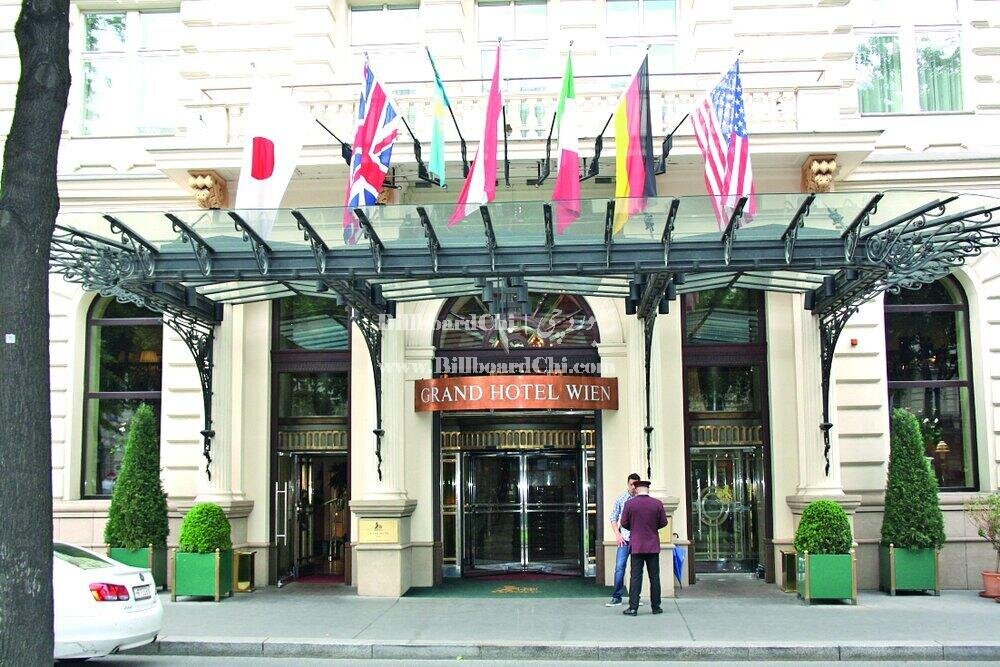Fruitful negotiations have their own requirements

TEHRAN – With Iran setting a date for resuming the much-awaited nuclear talks in Vienna, conditions appear ripe for the United States to demonstrate seriousness in reviving the 2015 nuclear deal.
The clock is ticking. And November 29 is approaching day by day. As the resumption date for the nuclear talks comes closer, Iran outlines in a clearer way its demands and conditions to revive the nuclear deal, formally called the Joint Comprehensive Plan of Action (JCPOA).
During his Monday press briefing, Iranian Foreign Ministry spokesman Saeed Khatibzadeh laid out under what terms Iran would be ready to accept a U.S. return to the tattered deal.
Khatibzadeh said Iran would return to full compliance with the JCPOA if the U.S. does three things: Washington accepts responsibility for the JCPOA’s current state of affairs, removes all the Trump-era sanctions all at once, and provide guarantees that no U.S. administrations would repeat what the Trump administration did to the JCPOA.
Iranian Foreign Minister Hossein Amir Abdollahian further clarified Iran’s position in a phone conversation with his British counterpart Liz Truss. “On Vienna talks, reiterated return by other parties to full implementation of obligations; lifting of all sanctions & verification; & guarantees,” Amir Abdollahian said on Twitter.
The Iranian foreign minister said the Vienna talks’ success is contingent on the removal of all sanctions, the return of all sides to their obligations, giving necessary assurances about the implementation of all talks’ results, and verification of actions by the other sides, according to a statement by the Iranian foreign ministry.
Whether the U.S. would remove all the sanctions imposed under Trump and provide guarantees that they won’t return again remains to be seen. But U.S. allies in Europe have a unique role to play in the days before the talks are resumed.
Iranian Deputy Foreign Minister Ali Bagheri Kani is planning to pay visits to a number of European countries including the three countries that are signatories to the JCPOA – France, Germany, and the UK, collectively known as the E3.
Truss told Amir Abdollahian that the European troika is serious and eager about making progress in the Vienna talks. But eagerness per se is not enough.
Khatibzadeh said Bagheri Kani will explain Iran’s position on the nuclear talks during his European tour.
Commenting on the chief Iranian nuclear negotiator’s trip to the E3 countries, Khatibzadeh said, “Iran will not stop its retaliatory measures unless it is certain that unilateral, extraterritorial, and illegal U.S. sanctions will be lifted in an effective and verifiable manner with the necessary and objective guarantees.”
He then uttered a position possibly affecting the whole negotiation process. “Nothing will be agreed until everything is agreed,” Khatibzadeh warned.
This makes it all the more important for the E3 to draw on their coming meetings with Bagheri Kani to facilitate the Vienna negotiations if they want a swift conclusion of the next round.
Iran has already outlined its position and it will highly likely reiterate this position in the seventh round of talks. So, the Europeans can work from now to make the next round easy and increase the possibility of success. Bagheri Kani’s visit will provide them a genuine opportunity to directly hear from Iran and determine how to deal with the position of the new government of Ayatollah Seyed Ebrahim Raisi.
In addition, the Europeans are responsible for the current “disarray” in the JCPOA, at least from the Iranian perspective. In his conversation with Truss, Amir Abdollahian referred to the state of the Iran nuclear deal, blaming the disarray on the U.S. He reiterated that some other signatories to the deal are also at fault over the current situation due to their irresponsibility and silence toward Washington’s actions.
Amir Abdollahian said the bulk of trade agreements between Tehran and London following the 2015 nuclear deal were not put into practice. He said that increasing trade and facilitating financial ties entail a more active role by London.
Iran made it clear that past experiences should not be repeated and the talks should be “result-oriented,” rather than protracted. At the end of the day, talks for talks are not in the cards in Tehran.
